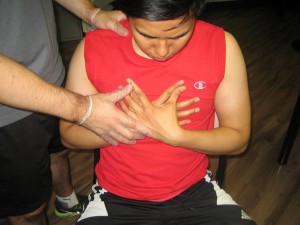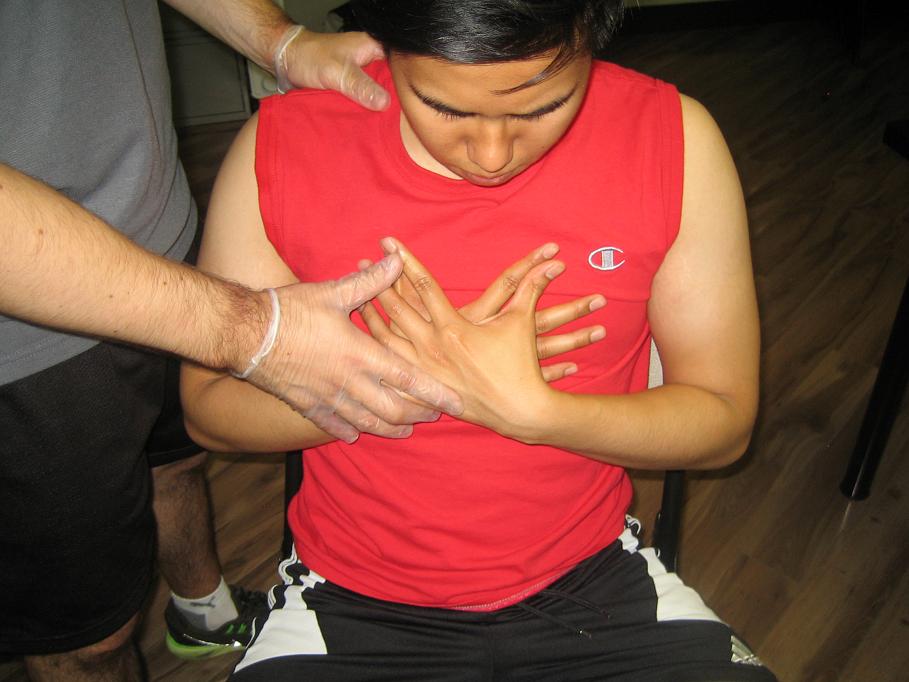When it comes to heart palpitations, it can be a frightening ordeal especially those who had one for the first time. Once the heart starts to palpitate after ingesting a certain food that contains gluten, he/she might be having an allergic reaction to gluten.
Unlike the mild allergy symptoms, the heart palpitations are considered as indications of a serious reaction called anaphylaxis. This severe allergic reaction can trigger life-threatening symptoms. The individual should avoid gluten until a doctor has been consulted.
Overview on gluten allergy
Gluten is considered as a protein present in various grains and commonly utilized in different food products even in ketchup and ice cream. An allergy to gluten is often mixed up with celiac disease or gluten sensitivity.
Celiac disease is described as a chronic autoimmune condition affecting the digestive tract that leads to damage to the lining of the intestines once foods that contain gluten are eaten. As for gluten sensitivity, it is inability to properly digest the protein which causes digestive symptoms such as diarrhea, gas and bloating.

An actual allergy to gluten occurs once the immune system wrongly identifies the protein as a threat to the body and produces immunoglobulin E antibodies.
What are heart palpitations?
The heart palpitations involve a sensation that the heart is beating rapidly. This can trigger a pounding sensation in the chest, arm or throat. The individual can feel the heart beat intensely and becomes steady abruptly or it can feel as if the heart is ceasing to beat or skipping.
The average heart rate is 60-100 beats per minute. If the heart rate goes beyond 100 per minute, it is considered as an elevated heart rate. Remember that heart palpitations can occur during overexertion but not common after eating.
Is there a risk for anaphylaxis?
If the individual experiences heart palpitations that can be accompanied by a drop in the blood pressure, lightheadedness, swollen face, nausea, pale skin, weakness, vomiting, wheezing, shortness of breath or chest tightness, call for emergency assistance right away.
During this severe reaction, the body enters into a state of shock since the large amounts of the allergy-triggering chemicals flood the bloodstream. Take note that this condition entails emergency care and a shot of epinephrine. Most of the symptoms of anaphylaxis start within seconds after ingesting gluten.
Testing
The doctor can provide a clinical diagnosis after performing allergy tests. During testing, gluten is administered under the skin. If the individual is allergic to protein, the skin develops bumps, irritation and redness within 15 minutes. As for a blood test, it confirms an allergic reaction by identifying the IgE antibodies present in the blood once gluten is introduced.

